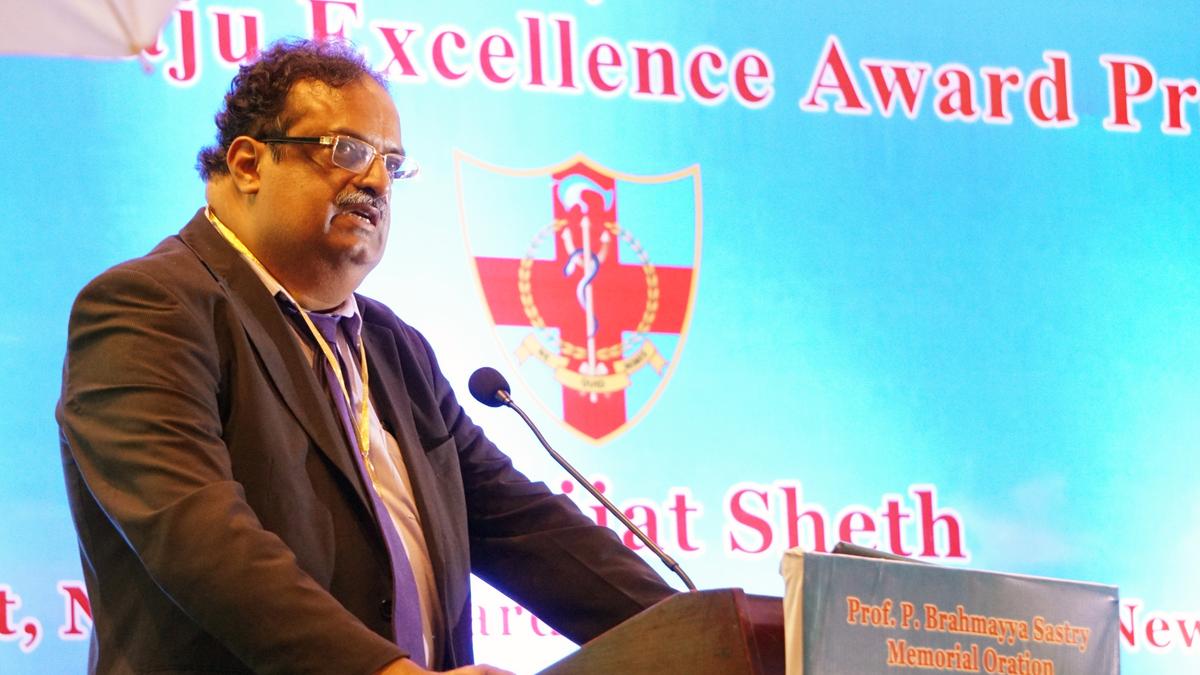As many as 206 people in a population of 1,000 used to fall sick every two weeks in Kerala in 1987. In 2004, this came down to 79, and it further dropped to 74 in 2019. However, the cost of treatment per episode rose from ₹17 in 1987 to ₹234 in 2019. The per capita annual medical treatment cost during the period rose from ₹89 to ₹678.
While the fall in number of the sick could be a result of the reduced rate of infectious disease outbreaks, the rise in per capita annual medical treatment cost could be due to a rise in lifestyle diseases that require expensive treatment and a high life expectancy, says ‘Kerala Studies 2.0’ released by the Kerala Sasthra Sahitya Parishad (KSSP) here on Sunday (July 13). The study notes that the cost of treatment per episode did not go up much between 2004 and 2019, probably because of the improved facilities in public health institutions.
‘Kerala Studies 2.0’ is a detailed survey of the changes that happened in the State’s socio-economic and political spheres between 2004 and 2019. It is a sequel to a similar study conducted in 2004 and released in 2006. The participants were divided into extremely poor, poor, lower middle class, and upper middle class categories.
The study was conducted by a team led by K.P. Aravindan, a public health expert and former Head of the Department of Pathology, Government Medical College Hospital, Kozhikode. A team led by T.P. Kunhikannan, former State president, KSSP, collected the data.
According to the study, Kerala is fast becoming a society dominated by the middle class. There has been a 356.6% increase in the cost of buying consumer durables in the period. Houses with air-conditioners rose from 1% of the population to 10%. The main causes of indebtedness are the wedding expenses of girls and unexpected catastrophic health expenditure. People are found to have been more contented with the performance of local body institutions and State government institutions than Central government institutions. In 2004, more people said that the Central government institutions were better.
Former Finance Minister T.M. Thomas Isaac released the book by handing over a copy to popular science activist K. Sreedharan.



.png)
.png)
.png)
















 5 hours ago
5
5 hours ago
5










 English (US) ·
English (US) ·